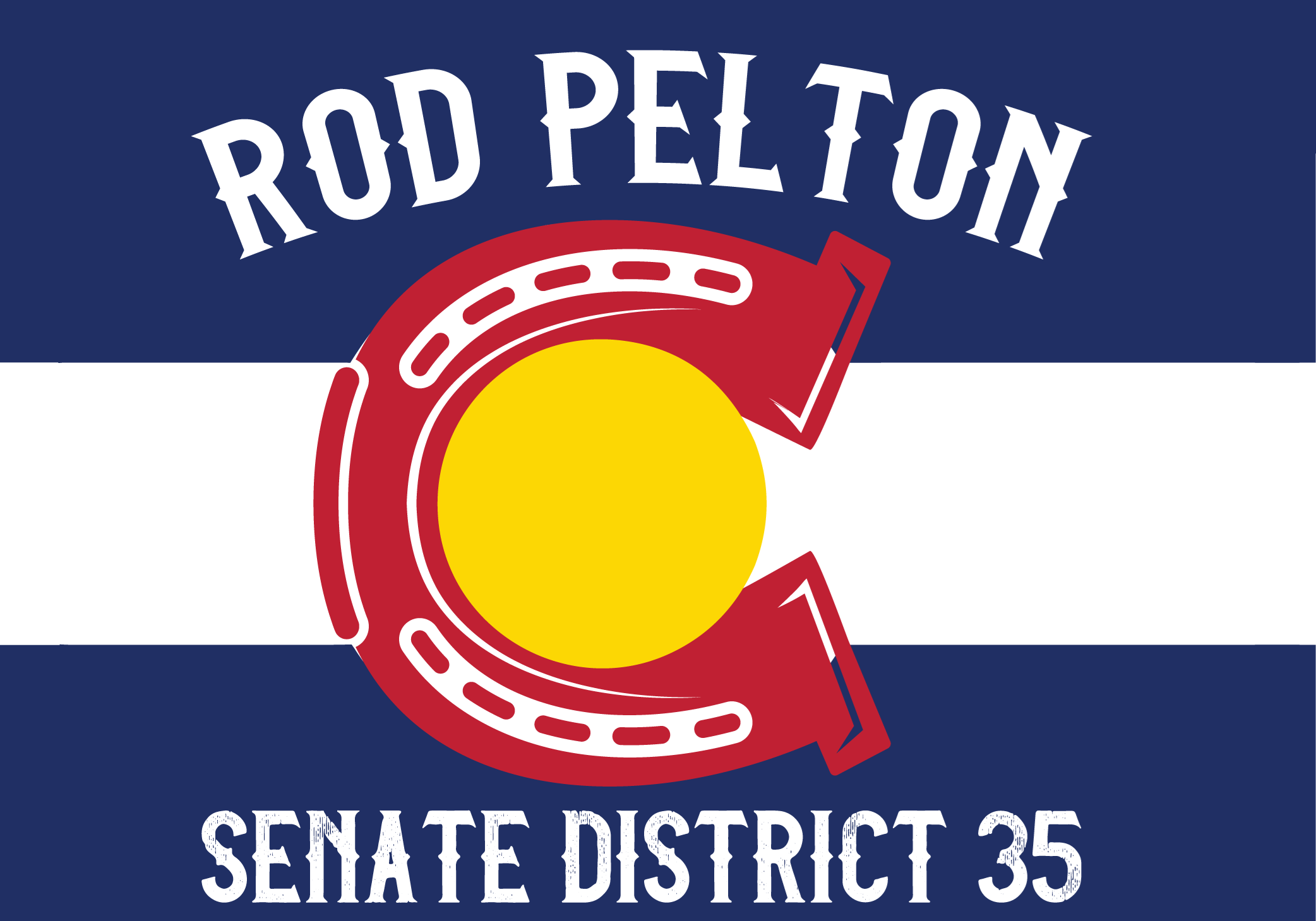
Rural Hospitals and Government Intervention
Government Stacks the Odds Against Hospitals
By Rep. Rod Pelton
Years of government meddling in health care has created – not prevented -- severe inequities within the health care system. Among the most serious of these is the artificial disparity in the financial circumstances between frontline health providers and health insurance companies.
Hospitals – rural hospitals especially – have been taking it on the chin for years, as the structure of the still-ironically-named Affordable Care Act (“Obamacare”) shifted costs onto hospitals and other health care providers, and simultaneously encouraged consolidation within the insurance industry. That consolidation, brought on by the ACA’s coverage mandates, concentrated the insurance industry down to just a handful of players, giving them unprecedented ability to set prices. That industry has taken full advantage of the structural manipulation of the market by government and has been making record profits. In the second quarter of 2022 alone, UnitedHealth Group’s profits, for example, exceeded $5 billion, a nearly 22% increase over the previous year.
Now, there is nothing wrong with profit; profit is a good thing, as any honest economist will tell you. I have no beef with businesses, of any size, doing what they do, providing a good or service that is in demand, and gaining a profit from doing so. That is how a free economy works, and how a society’s overall wealth is generated. But the fact is, there is no longer a free market in health care, as the increased governmental puppeteering of the system has twisted and manipulated the health care industry beyond any semblance of a free market. As a result, hospitals, the actual providers of medical care, have been facing enormous losses and many have had to close.
Rural hospitals have been taking the brunt of this. Since 2010, the Cecil G Sheps Center for Health Services Research reports that nearly 140 rural hospitals have been forced to close, with 19 just in 2020 alone, setting a new grim record. Many of those that managed to stay open just barely do, as the numbers show that fully a quarter of rural hospitals are at risk of closure. While the COVID-19 pandemic certainly made an already terrible situation worse, with forced cancellations of elective procedures and worker burnout, this trend has been carrying on since well before the pandemic.
The financial pressures on hospitals are tremendous, and only getting worse. As people lost their jobs due the government’s shutdowns, they also lost their employer-provided insurance. At the same time, the federal and several state governments have expanded Medicaid eligibility, meaning more and more patients are being treated in hospitals without insurance or other means to pay. On top of that, our population is growing older, meaning more patients are in hospital on Medicare. Meanwhile, Medicaid and Medicare reimbursements are being slashed, as are insurance reimbursement rates.
Part of the reason insurance company profits are so disproportionally high while hospitals go under is because the insurance companies didn’t face these same pressures – true, fewer people may have insurance, but that also means fewer payouts by insurance companies. As the treatment load shifts to the uninsured and Medicaid/Medicare patients, the costs shift onto the treatment providers – mostly hospitals.
And now hospitals are facing new financial threats. Inflation which is acting as a regressive tax on all Americans is impacting hospitals too, as equipment and maintenance costs go up. Labor concerns are a huge issue as well. The U.S. Bureau of Labor Statistics projects that 500,000 experienced nurses will retire or leave the industry by the end of the year, causing a shortage of 1.1 million nurses. Perennial efforts by Big Labor, meanwhile, continue to push for unionization of the nursing profession which will either price thousands more nurses out of the labor market or continue to bankrupt hospitals desperate to try to keep operating and provide their communities needed medical care. All of these problems hit rural hospitals especially hard.
We have not had anything resembling a free market in the healthcare industry for a long time now, and perhaps we never will. But the farther we get away from the free market model, and the more government meddles with and tries to micromanage health care, the more costs are going to go up, and the disparity between segments of the industry will grow larger. Insurance companies should certainly be allowed to make a profit, but not because government polices have shifted their costs to rural hospitals.
Rod Pelton is Colorado State House Representative for House District 65, which includes several rural counties in Colorado’s eastern plains. He serves on Public and Behavioral Health and Human Services Committee.
Add your expanded detail here.
